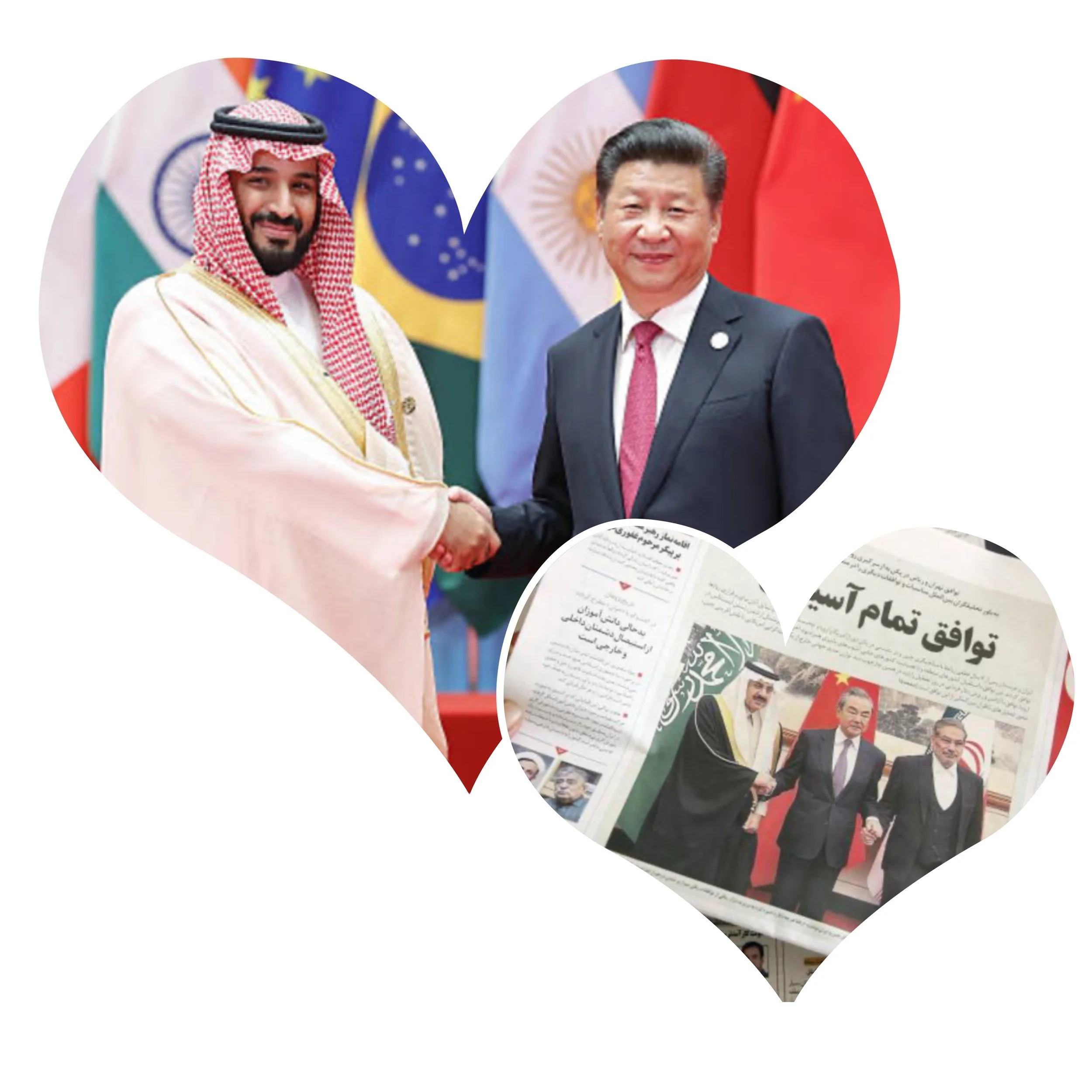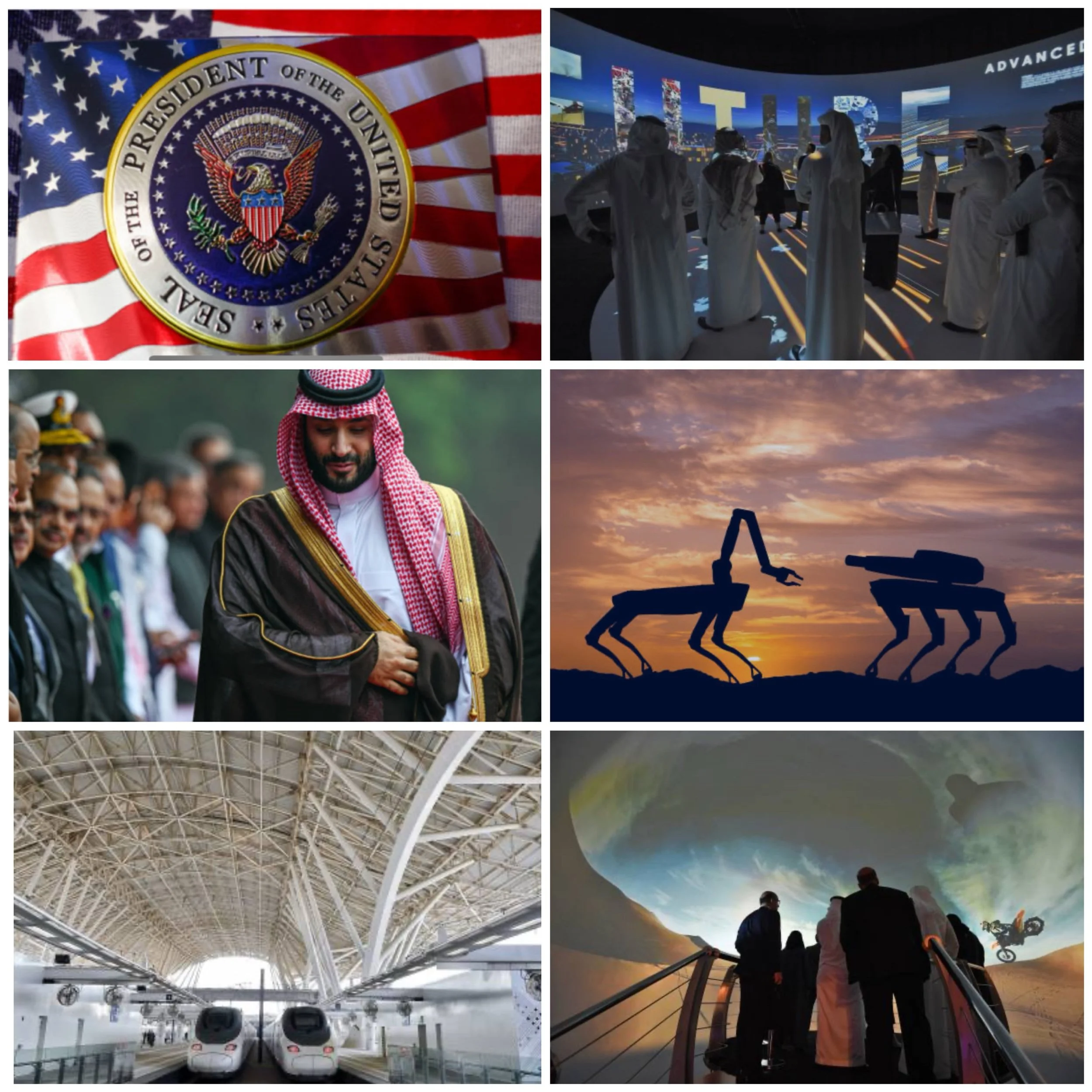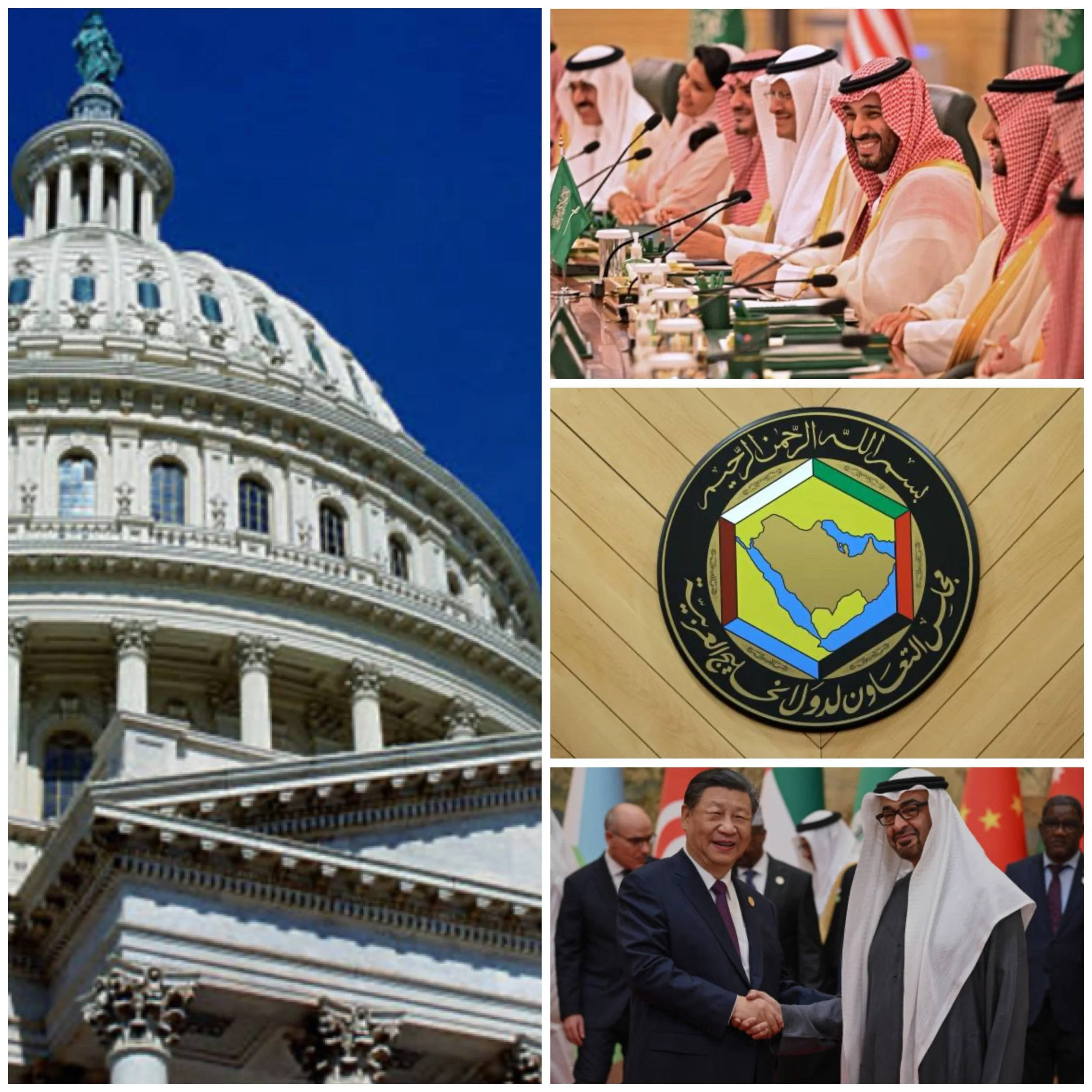What are the implications of Saudi Arabia's growing ties with China for U.S.-Saudi relations
The implications of Saudi Arabia’s growing ties with China for U.S.-Saudi relations are multifaceted and reflect a significant shift in the geopolitical landscape. As Saudi Arabia seeks to balance its relationships with both the United States and China, several key factors emerge that could reshape its longstanding alliance with Washington.
Strategic Balancing Act
**** Diversification of Partnerships
Saudi Arabia is actively pursuing a strategy of diversifying its international partnerships to enhance its economic and security interests. This includes deepening ties with China, which has become a crucial trading partner and a significant buyer of Saudi oil. The kingdom’s engagement with China is seen as a way to leverage its position between two major powers, allowing it to extract benefits from both sides without fully committing to either.
**** Economic Cooperation
The economic relationship between Saudi Arabia and China has strengthened significantly, particularly through initiatives like China’s Belt and Road Initiative (BRI) and Saudi Vision 2030. These programs align closely, facilitating investments in infrastructure, technology, and energy sectors. For instance, recent agreements have included substantial investments in renewable energy and technological cooperation, which are vital for Saudi Arabia’s economic diversification efforts. This growing economic interdependence may lead to Riyadh prioritizing its relationship with Beijing, especially if it perceives that the U.S. is not meeting its economic or security needs.
Security Concerns
**** Erosion of U.S. Security Guarantees
Saudi Arabia’s increasing reliance on China raises concerns about the erosion of U.S. security guarantees. The kingdom has historically depended on the U.S. for military support and protection against regional threats, particularly from Iran. However, perceived lapses in U.S. commitment—such as the lack of response to Houthi attacks on Saudi territory—have led Riyadh to question the reliability of its American ally. As a result, Saudi leaders may feel compelled to explore alternative security partnerships, even if China cannot fully replace the U.S. in this role.
**** China’s Non-Interference Policy
China’s approach to foreign relations emphasizes non-interference in domestic affairs, which appeals to Saudi Arabia amid criticisms from the U.S. regarding human rights issues. This aspect allows Riyadh to engage with Beijing without facing the same level of scrutiny it receives from Washington, potentially leading to a more stable partnership with China. However, this does not address Saudi Arabia’s critical security concerns regarding Iran and regional stability.
Geopolitical Repercussions
**** Impact on U.S. Influence in the Region
As Saudi Arabia strengthens its ties with China, it may inadvertently diminish U.S. influence in the Middle East. The historical dominance of the U.S. in regional politics is being challenged by China’s increasing engagement, including mediating agreements between rival states like Saudi Arabia and Iran. This shift could lead to a reconfiguration of alliances and power dynamics in the region.
**** Potential for Increased Tensions
The growing Sino-Saudi relationship could provoke a stronger response from Washington as it seeks to counterbalance China’s influence. The U.S. may increase diplomatic efforts or propose new security arrangements to retain its foothold in the region. However, such moves could also risk escalating tensions between the U.S. and China as both nations vie for influence over key players like Saudi Arabia.
Conclusion
In summary, Saudi Arabia’s burgeoning relationship with China presents both opportunities and challenges for its ties with the United States. While Riyadh aims to maintain a balanced approach by leveraging relationships with both powers, it faces the complex task of managing these dynamics without alienating either side. The evolving geopolitical landscape will require careful navigation as Saudi Arabia seeks to secure its interests amid increasing global polarization between the U.S. and China.






